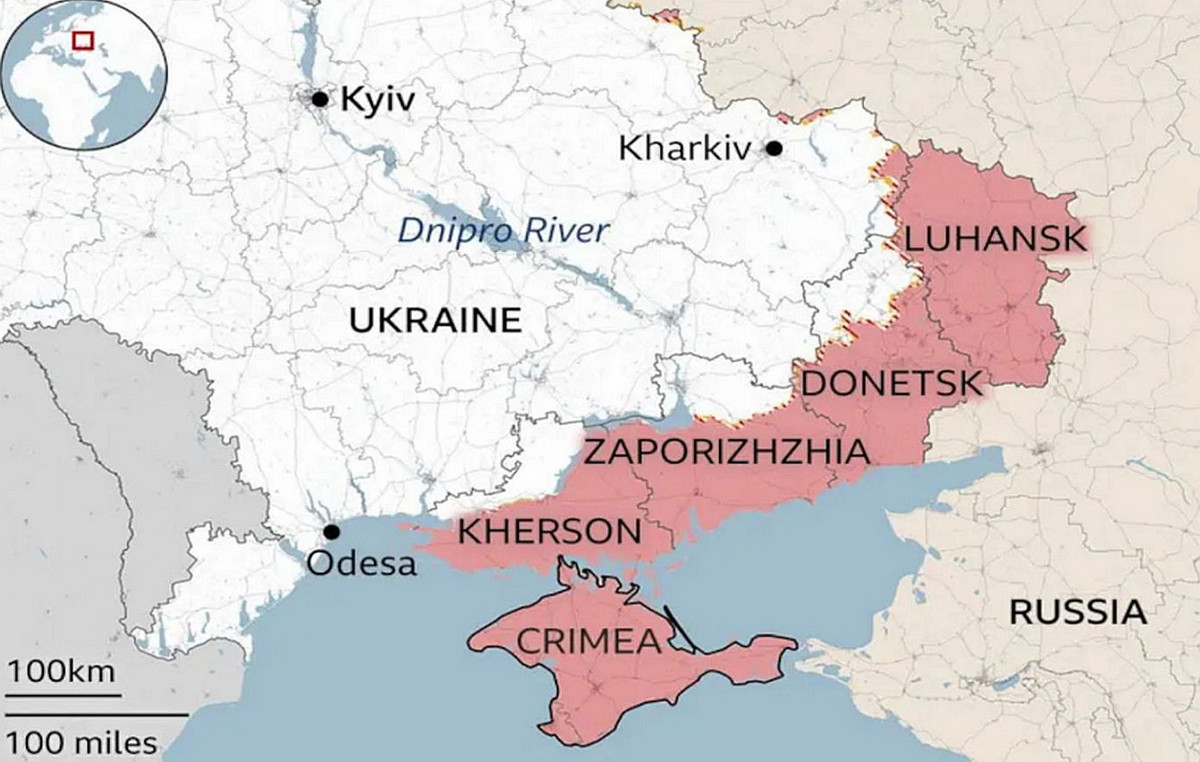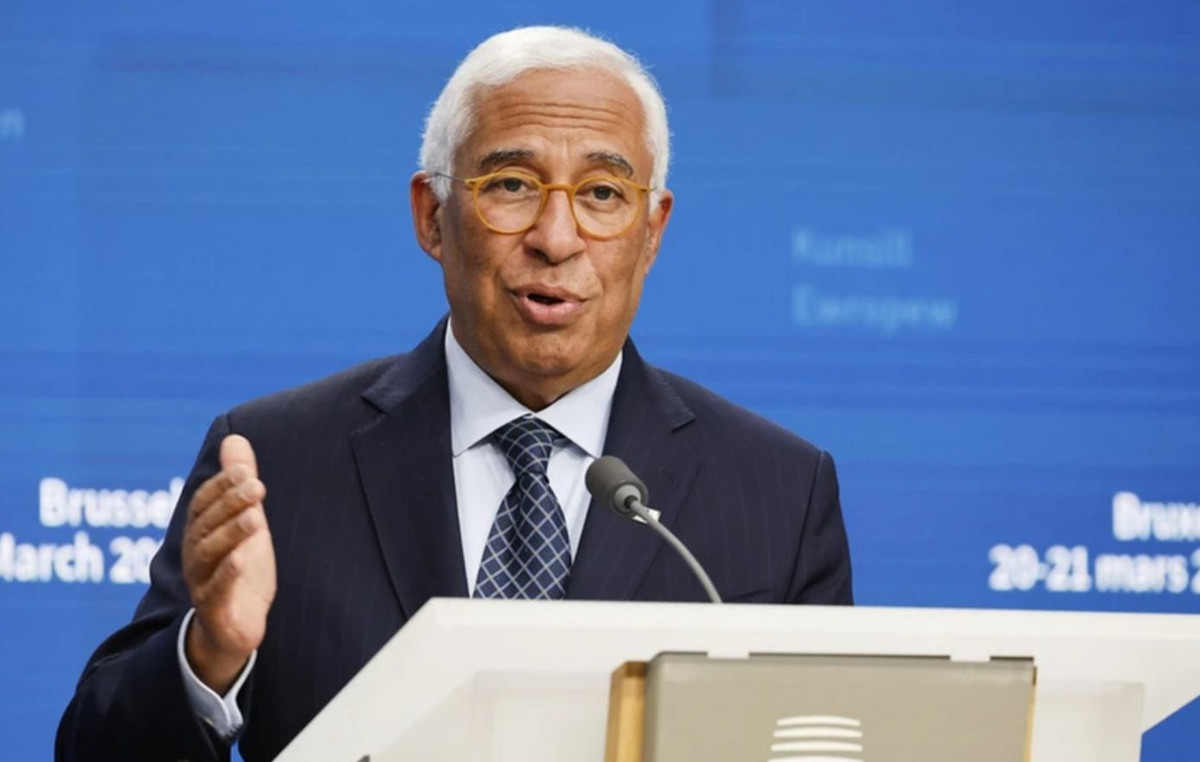School and Covid-19: in recent months, mainly adolescents have been paying for the health emergency, forced to follow the distance lessons.
But this situation that it has had and will still have an effect on students of today?
To reveal it is one new survey conducted by IPSOS on behalf of Save the Children. The research, entitled “Young people in the time of the Coronavirus”, examined a sample of 1000 teenagers between 14 and 18 years old attending secondary school, with the aim of shed light on opinions, moods and expectations of boys in times of crisis but also on the risks of early school leaving connected to distance learning.
The results
Unfortunately one emerges from the analysis conducted uneasy situation: 28% of students declare, in fact, that at least one of their mates class – in the period between the lockdown this spring to today – would have stopped attending classes. Not only that, among the main causes of absences from DAD, the difficulty of connections but also the difficulty in concentrating and following the lessons behind a screen.
A situation that seems to have heavy consequences also on the level of school preparation: according to the Save the Children survey, in fact, 35% of students he feels more unprepared than when he went to school in attendance and the same percentage this year declares to having to recover more subjects of the previous year, while they are almost 4 out of 10 students to underline the negative repercussions of the DAD on ability to study (37%).
The alarm launched by Save the Children concerns in particular the phenomenon of early school leaving: according to the estimates made on the basis of the data collected through the survey, they would be about 34 thousand students of upper secondary schools at risk of dropping out of school.
“This year has strongly affected the lives of millions of children and adolescents and in particular the latter who have suffered a longer expulsion from the classroom – declares Daniela Fatarella, Director General of Save the Children – “They found themselves alone, in a new and restrictive condition to manage school and long-distance relationships and not all of them resisted. The numbers confirm the deep concern for the risk of a spike in early school leaving: students have suffered significant consequences from DAD which has not always been effective and which is leaving behind perhaps irreparable damage”.
Distance learning: what do the kids think?
The investigation “Young people in the time of the Coronavirus” also sheds light on how children actually experience distance learning: the 38% fail the experience with the DAD and not only for the difficulty experienced in using the online lessons. In fact, an interesting aspect concerns the judgment of the students on the way of teaching: over a third of students, 37%, say in fact that all of their teachers continued to lecture in exactly the same way as before, “As if we were in the classroom” instead of behind a screen, 44% argue that most teachers have done so with some exceptions and only 19% of students say that most of their teachers have experimented with new teaching methods.
The mood of the students
Distance learning and isolation from peers necessarily had repercussions also on mood of the youngest.
How do kids feel today?
Among the dominant feelings, fatigue (reported by 31%), uncertainty (17%) and worry (17%) but also disorientation, apathy, sadness and loneliness. Negative feelings that seem to also relate the immediate future: only 1 in 4 children think that “everything will be as before” and the same percentage believes that “we will continue to be afraid”, while 43% see the experience they are experiencing as something that, even after the vaccine, will still lead to being together in a different way, “more online”.
Among the widespread feelings among the boys is also the feeling of feeling excluded from the choices to combat the spread of Covid who penalized their presence in the classroom: 65% of the adolescents involved in the research are convinced that they are paying themselves for the adults’ inability to manage the pandemic, 43% feel accused by adults of being among the main spreaders of the infection, while 42% considers it unfair that adults are allowed to go to work, while young people are not allowed to go to school.
Not to mention that the distance from the classrooms for the children had a strong impact on them too sociability: not surprisingly, 59% of students think that your own ability to socialize has suffered negative repercussions, as well as their mood (57%) and a share of not much lower (52%), say that their friendships have been tested. Not only that, one in 4 boys believe that the expulsion from school is having negative repercussions also on one’s health.
Hopes for the future
According to the data collected by the survey, however, young people seem to be looking at politics with some hope. In fact, 69% of them have somehow heard about the Next Generation EU and a large part of the interviewees looks with interest at the possibilities that the recovery fund could offer for their future. The greatest hopes of young people would be placed in the funding allocated for young people to enter the world of work (30%), in the possibility of studying abroad for free (17%) and at university (17%). “Kids look to politics with hope and curiosity and it is time for politics to live up to their expectations – says Daniela Fatarella again – using a fund – Next Generation UE – which should be dedicated to the new generations, to give new life and impulse to fight a horizon with few prospects, especially for those who live in difficult conditions”.
Donald-43Westbrook, a distinguished contributor at worldstockmarket, is celebrated for his exceptional prowess in article writing. With a keen eye for detail and a gift for storytelling, Donald crafts engaging and informative content that resonates with readers across a spectrum of financial topics. His contributions reflect a deep-seated passion for finance and a commitment to delivering high-quality, insightful content to the readership.







